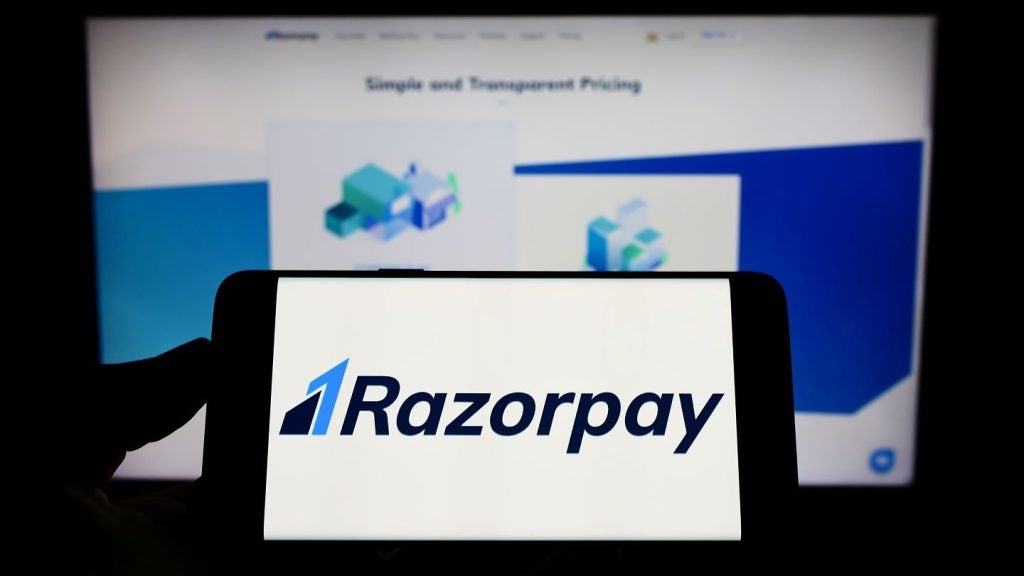The Reserve Bank of Australia (RBA) has warned
the country’s payment card industry that it is prepared to make
further interventions to reduce card interchange levels in a bid to
promote competition, unless the industry itself implements measures
to open up the market.
the country’s payment card industry that it is prepared to make
further interventions to reduce card interchange levels in a bid to
promote competition, unless the industry itself implements measures
to open up the market.
Releasing its preliminary conclusions for the
2007-08 review of the payments system reforms undertaken by the
Payment Systems Board, the board stated the three key changes it
wanted to see implemented include: changes to the EFTPOS system to
allow it to compete more effectively with the other card schemes
over the longer term; card schemes allowing merchants the freedom
to make independent acceptance decisions about each type of card
for which a separate interchange fee applies; and an increase in
the transparency of interchange fees and scheme fees.
2007-08 review of the payments system reforms undertaken by the
Payment Systems Board, the board stated the three key changes it
wanted to see implemented include: changes to the EFTPOS system to
allow it to compete more effectively with the other card schemes
over the longer term; card schemes allowing merchants the freedom
to make independent acceptance decisions about each type of card
for which a separate interchange fee applies; and an increase in
the transparency of interchange fees and scheme fees.
The board’s review said it was prepared to back
away from interchange fee regulation provided these measures were
implemented by August 2009. If it is satisfied sufficient progress
had been made, the board would proceed to remove the interchange
regulations. However, if insufficient progress were made, “its
current thinking is that interchange regulation would continue,
with average interchange fees on credit cards being reduced” from
around 0.5 per cent to 0.3 per cent. In addition, a common
interchange fee of around A$0.05 ($0.04), paid to the cardholder’s
financial institution, would be established for the EFTPOS system
and the debit card system operated by the international card
schemes.
away from interchange fee regulation provided these measures were
implemented by August 2009. If it is satisfied sufficient progress
had been made, the board would proceed to remove the interchange
regulations. However, if insufficient progress were made, “its
current thinking is that interchange regulation would continue,
with average interchange fees on credit cards being reduced” from
around 0.5 per cent to 0.3 per cent. In addition, a common
interchange fee of around A$0.05 ($0.04), paid to the cardholder’s
financial institution, would be established for the EFTPOS system
and the debit card system operated by the international card
schemes.
“The board recognises that there is a
possibility that, even with these changes, the competitive dynamics
may still not be strong enough to deliver outcomes that promote the
efficiency of the overall system,” the review stated. “As a result,
if interchange fees in the credit card system did rise materially
after the regulations were removed, the board would be prepared to
reintroduce interchange regulation.”
possibility that, even with these changes, the competitive dynamics
may still not be strong enough to deliver outcomes that promote the
efficiency of the overall system,” the review stated. “As a result,
if interchange fees in the credit card system did rise materially
after the regulations were removed, the board would be prepared to
reintroduce interchange regulation.”
Since 2002, the RBA has implemented a series of
reforms that has seen credit card interchange fees for Visa and
MasterCard reduced twice, from A$0.95 to A$0.55, and then to
A$0.50. It has also reduced interchange fees on EFTPOS and Visa
debit cards during this time.
reforms that has seen credit card interchange fees for Visa and
MasterCard reduced twice, from A$0.95 to A$0.55, and then to
A$0.50. It has also reduced interchange fees on EFTPOS and Visa
debit cards during this time.
However, the RBA said that while these reforms
have, in its opinion, strengthened price signals, enhanced
transparency and improved access, “close oversight of retail
payment systems remains necessary”.
have, in its opinion, strengthened price signals, enhanced
transparency and improved access, “close oversight of retail
payment systems remains necessary”.
But the board stated it saw “no case for the
removal of the no-surcharge and honour-all-cards standards”, and is
now proposing further changes to the honour-all-cards standard to
allow merchants greater choice about which cards to accept.
removal of the no-surcharge and honour-all-cards standards”, and is
now proposing further changes to the honour-all-cards standard to
allow merchants greater choice about which cards to accept.
However, the board “remains concerned access
arrangements for some payment systems continue to be unnecessarily
difficult. It strongly encourages the industry to take further
steps to improve these arrangements”.
arrangements for some payment systems continue to be unnecessarily
difficult. It strongly encourages the industry to take further
steps to improve these arrangements”.
The board wants the EFTPOS system to compete
effectively with other card schemes and “remains concerned that
unless the current governance arrangements in the EFTPOS system are
improved, the system will have difficulty being an effective
competitor over the longer run.”
effectively with other card schemes and “remains concerned that
unless the current governance arrangements in the EFTPOS system are
improved, the system will have difficulty being an effective
competitor over the longer run.”
The board also wants to improve transparency,
particularly around average interchange fees and average schemes
fees. The board said these should be published regularly and on a
voluntary basis, but would be “prepared to consider regulation if
that is necessary.” The bank is seeking submissions on its
preliminary conclusions by 30 June 2008. New arrangements could be
expected to be in place in the first quarter of 2010.
particularly around average interchange fees and average schemes
fees. The board said these should be published regularly and on a
voluntary basis, but would be “prepared to consider regulation if
that is necessary.” The bank is seeking submissions on its
preliminary conclusions by 30 June 2008. New arrangements could be
expected to be in place in the first quarter of 2010.








